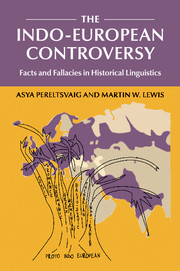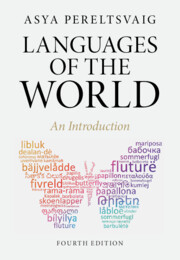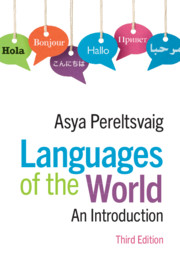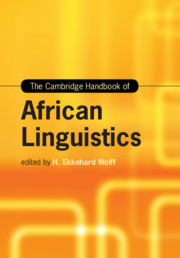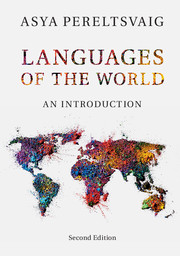The Indo-European Controversy
Over the past decade, a group of prolific and innovative evolutionary biologists has sought to reinvent historical linguistics through the use of phylogenetic and phylogeographical analysis, treating cognates like genes and conceptualizing the spread of languages in terms of the diffusion of viruses. Using these techniques, researchers claim to have located the origin of the Indo-European language family in Neolithic Anatolia, challenging the near-consensus view that it emerged in the grasslands north of the Black Sea thousands of years later. But despite its widespread celebration in the global media, this new approach fails to withstand scrutiny. As languages do not evolve like biological species and do not spread like viruses, the model produces incoherent results, contradicted by the empirical record at every turn. This book asserts that the origin and spread of languages must be examined primarily through the time-tested techniques of linguistic analysis, rather than those of evolutionary biology.
- Defends traditional practices in historical linguistics while remaining open to new techniques, including computational methods
- Takes on major issues in the philosophy of science, while remaining thoroughly grounded in empirical evidence
- Explains complex aspects of linguistics in accessible language
- Will appeal to readers interested in world history and world geography
Reviews & endorsements
"This book provides an excellent guide to what can and what can’t be done in historical linguistics and Indo-European studies, and it offers a much-needed counterblast to much recent work in the field."
James Clackson, University of Cambridge
Product details
April 2015Hardback
9781107054530
338 pages
237 × 159 × 24 mm
0.64kg
6 b/w illus. 38 maps 9 tables
Available
Table of Contents
- Introduction: the Indo-European debate and why it matters
- Part I. The Vexatious History of Indo-European Studies:
- 1. Ideology and interpretation from the 1700s to the 1970s
- 2. Anatolia vs the Steppes
- Part II. The Failings of the Bayesian Phylogenetic Research Program:
- 3. What theory we want and what theory we get
- 4. Linguistic fallacies of the Bayesian phylogenetic model
- 5. Dating problems of the Bayesian phylogenetic model
- 6. The historical-geographical failure of the Bayesian phylogenetic model
- 7. Unwarranted assumptions
- Part III. Searching for Indo-European Origins:
- 8. Why linguists don't do dates? Or do they?
- 9. Triangulating the Indo-European homeland
- 10. The non-mystery of Indo-European expansion
- 11. Whither historical linguistics?
- Conclusion: what is at stake in the Indo-European debate.

